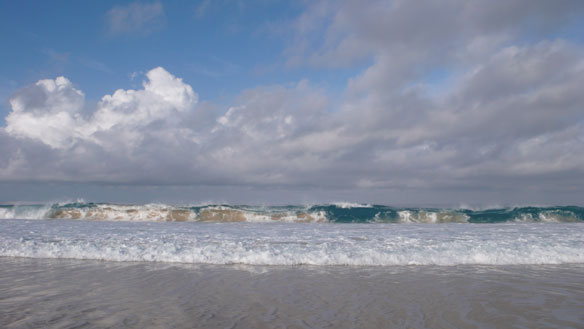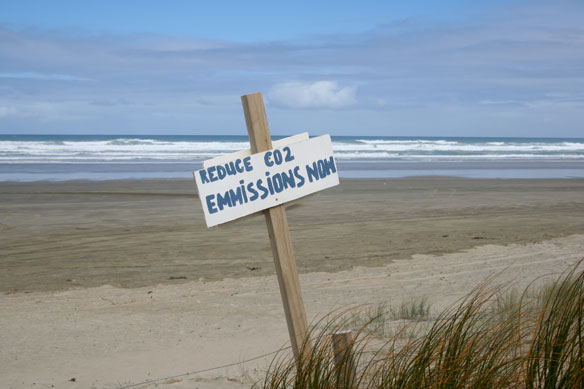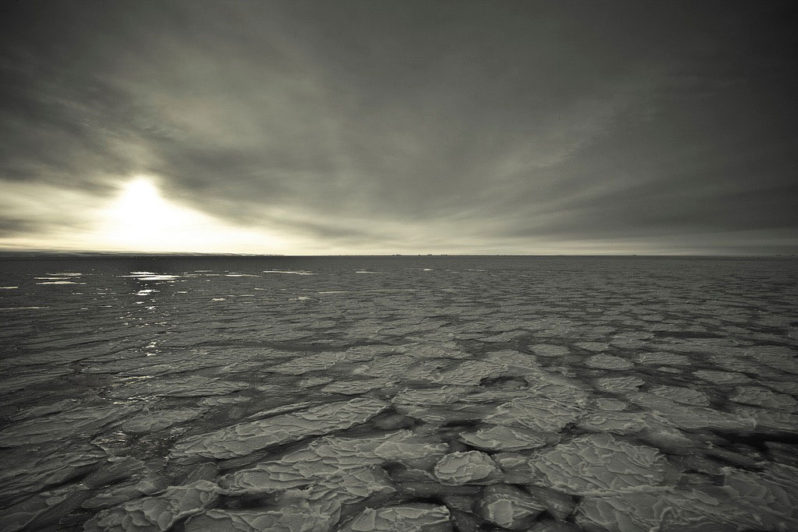Carbon Dioxide Is Warming the Planet: Here’s How

Here’s a primer explaining exactly why scientists know the climate is changing and that human activities are causing it.
Earth’s oceans are warming 13% faster than thought, and accelerating

New research has convincingly quantified how much the Earth has warmed over the past 56 years. A paper just published today in Science Advances uses a new strategy to improve upon our understanding of ocean heating to estimate the total global warming from 1960 to 2015.
White House Wants to Slash Budgets of Top Climate Science Agencies

The current administration’s budget proposal includes a drastic 17-percent cut to the National Oceanic and Atmospheric Administration (NOAA), one of the government’s top weather and climate-science agencies.
United Kingdom CO2 Emissions Fall to Lowest Level in Nearly a Century

A record drop in coal use — coupled with the rapid growth of renewable energy, an expansion of energy efficiency programs, and an increase in burning natural gas for electricity — have driven carbon dioxide emissions in the UK to their lowest levels since the 1920s.
U.S. EPA Reverses Obama-Era Request for Methane Emission Data from Oil and Gas Companies

The U.S. Environmental Protection Agency announced it will no longer ask oil and gas well operators to submit information about their equipment or methane emissions. Methane is short-lived, but powerful greenhouse gas. Over the short term, it can trap heat at least 30 times more efficiently than carbon dioxide, and is thought to be responsible for about a quarter of modern global warming.
Air pollution may have masked mid-20th Century sea ice loss

Humans may have been altering Arctic sea ice longer than previously thought, according to researchers studying the effects of air pollution on sea ice growth in the mid-20th Century.
Scientists study ocean absorption of human carbon pollution

As humans burn fossil fuels and release greenhouse gases, those gases enter the atmosphere where they cause increases in global temperatures and climate consequences. But for many years scientists have known that not all of the carbon dioxide we emit ends up in the atmosphere. About 40% actually gets absorbed in the ocean waters.
Making the Deep Blue Sea Green Again

The UN Oceans Conference planned for June 2017 aims to create a more coordinated global approach to protecting the world’s oceans from rising threats such as acidification, plastic litter, rising sea levels and declining fish stocks.
Australia’s new normal as city temperatures hit 47C people shelter from the deadly heat

Australians are no strangers to hot weather. But for the past week large parts of the continent have suffered a heatwave of unusual length and intensity. Temperature records were beaten around the country.
